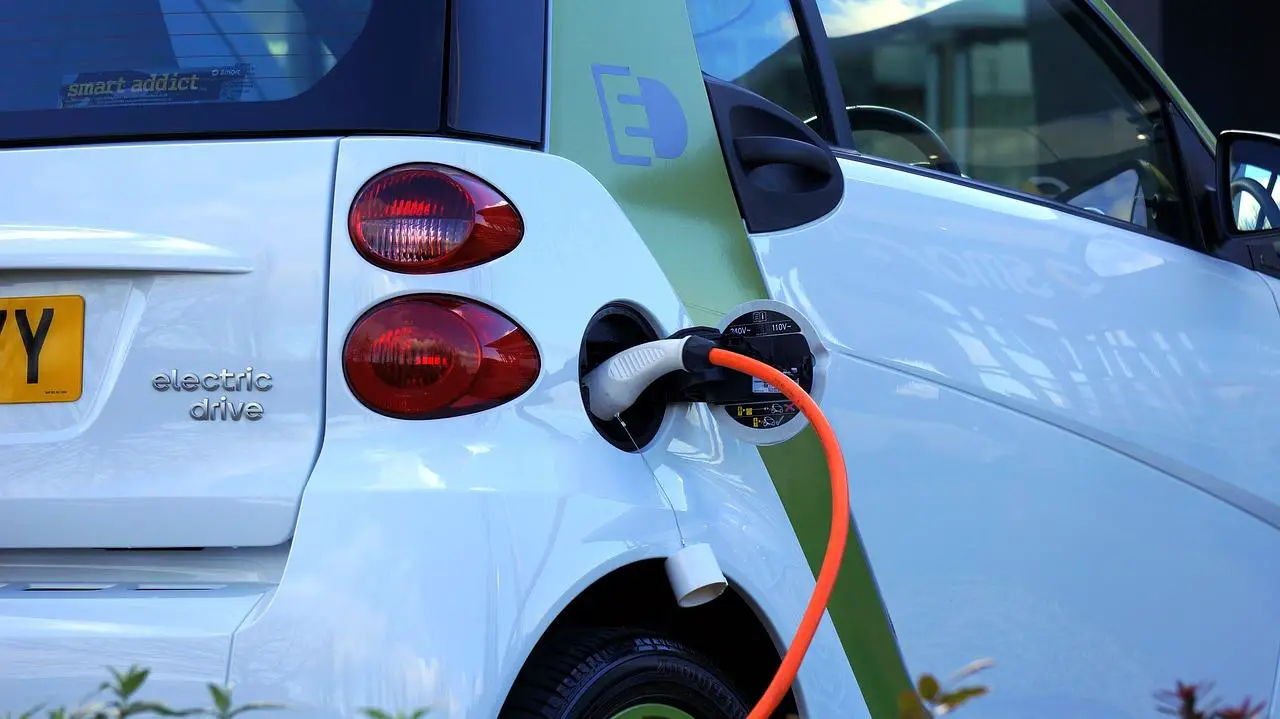In a world where sustainability and environmental consciousness are gaining momentum, electric vehicles (EVs) have emerged as a compelling alternative to traditional gasoline-powered cars. But do you truly understand everything there is to know about these modern cars? As we reveal some alarming facts regarding electric vehicles that you probably didn’t know, buckle up.
Contents
Explore the Shocking Facts About Electric Vehicles
The Quiet Revolution
- The Electric Car’s Origins
Electric cars aren’t a recent innovation. In fact, they predate gasoline-powered cars. The first practical electric car was developed in the late 1800s by Thomas Parker, a British inventor. - An EV Land Speed Record
Did you know that the world land speed record for an electric vehicle is over 341 mph? The lightning-fast “Venturi Buckeye Bullet 3” set this record in 2016, proving that EVs are not just about eco-friendliness but also speed.
Eco-Friendly Innovations
- Rubber from Dandelions
Tires for EVs often contain a surprising ingredient: dandelions. Dandelions’ natural rubber may be utilized to make environmentally beneficial and long-lasting tires, which will lessen the impact of EV production, according to research. - Regenerative Braking
EVs are not only powered by electricity; they also generate it. EVs are extremely efficient because of regenerative braking systems, which use the energy generated while braking to replenish the battery.
Battery Breakthroughs
- The World’s Largest Battery
The Hornsdale Power Reserve in Australia boasts the title of the world’s largest lithium-ion battery. This massive battery helps stabilize the power grid, demonstrating the potential of large-scale energy storage using EV technology. - Battery Longevity
Contrary to common assumptions, current EV batteries have a remarkably long lifespan. Buyers should feel secure knowing that several manufacturers give guarantees on their EV batteries of at least 8 years.
Range Revelations
- The 1000-Mile EV
While most EVs offer ranges between 200 and 400 miles on a single charge, engineers are already working on an EV capable of covering 1000 miles before needing a recharge. This could revolutionize long-distance travel. - Solar-Powered EVs
Imagine an EV that recharges itself using solar panels on its roof. Some companies are already experimenting with this concept, paving the way for even more sustainable transportation.
The Cost of Ownership
- Lower Maintenance Costs
One of the hidden benefits of EV ownership is reduced maintenance costs. With fewer moving parts, EVs require less upkeep compared to their gasoline counterparts. - The Lifetime Cost Savings
Although EVs may have a higher upfront cost, their lower operating and maintenance expenses often result in significant savings over the vehicle’s lifetime.
Charging Challenges
- Ultra-Fast Charging
Due to the rapid developments in charging technology, extended road journeys are now more practical because you can charge your EV to 80% of its capacity in as little as 30 minutes. - The Grid’s Capacity
Concerns regarding the capacity of the electrical system emerge as more people use EVs. To overcome this difficulty, current smart grid solutions are being created.
Conclusion
Since they were first introduced, electric cars have advanced significantly, and they are still doing so quickly. The automobile industry is being transformed by EVs in a variety of additional ways in addition to their unexpected origins and possible incorporation of solar power. These startling facts about electric cars show how wonderful technology is boosting our efforts to build a greener, more sustainable future.
FAQs (Frequently Asked Questions)
- Are electric cars really better for the environment?
Yes, compared to gasoline-powered vehicles, electric automobiles have zero tailpipe emissions, making them better for the environment. - How long does it take to charge an electric car at home?
The charging time at home varies depending on the charger’s power and your car’s battery capacity. On average, it takes 8-12 hours for a full charge at home. - Can I charge my EV at a regular gas station?
Some gas stations are adding EV charging stations, but there are also dedicated charging networks where you can recharge your EV. - Do electric cars have the same acceleration as gasoline cars?
Many electric cars have impressive acceleration due to their instant torque delivery, often outperforming gasoline cars in this regard. - How will technology for electric vehicles develop?
As battery technology, charging infrastructure, and car designs continue to progress, the market for electric vehicles is expected to grow and become more accessible.




